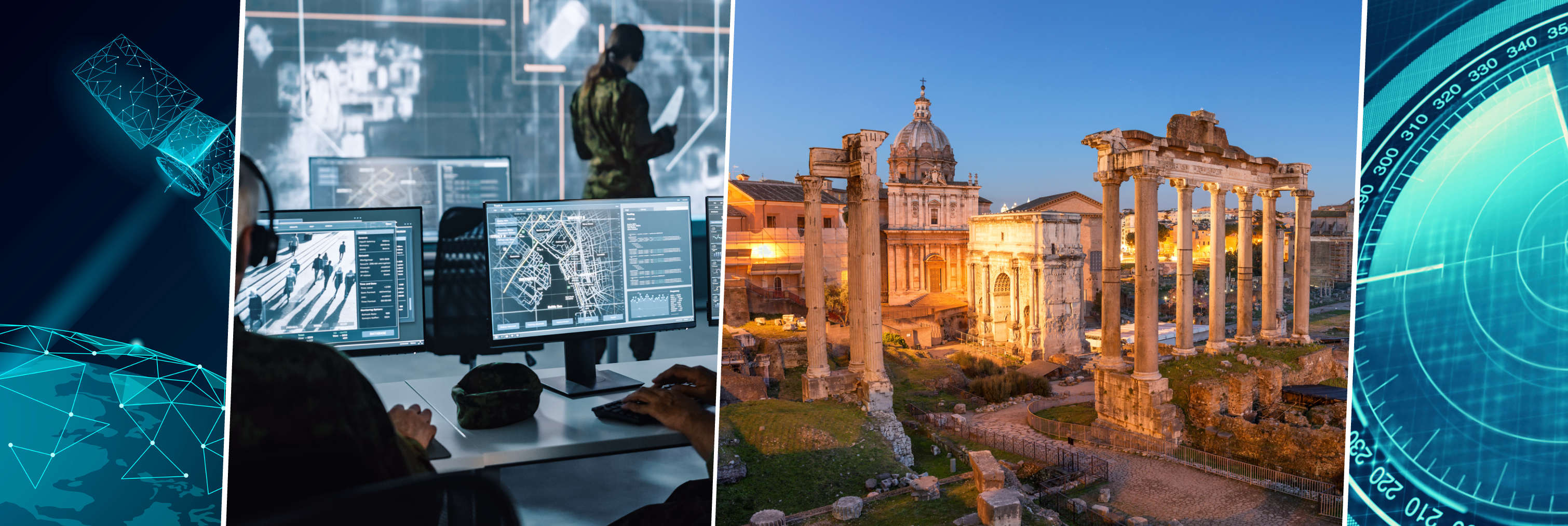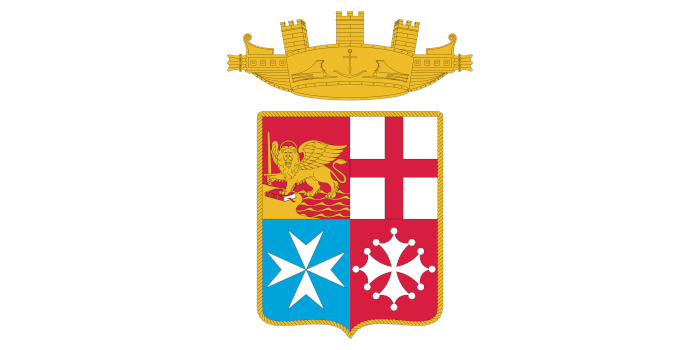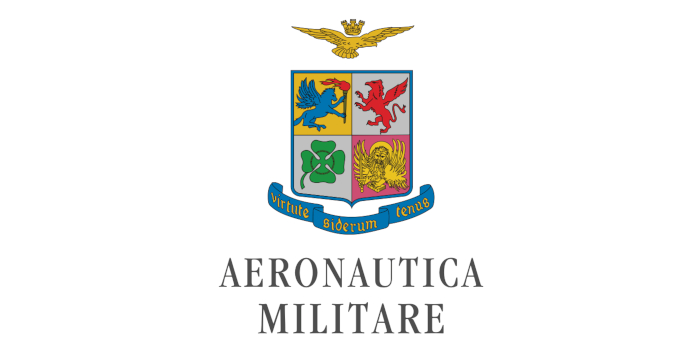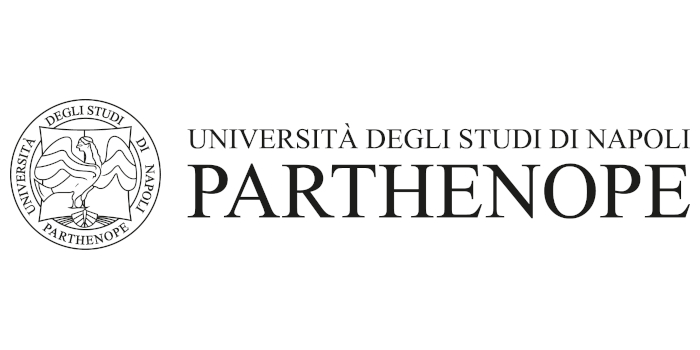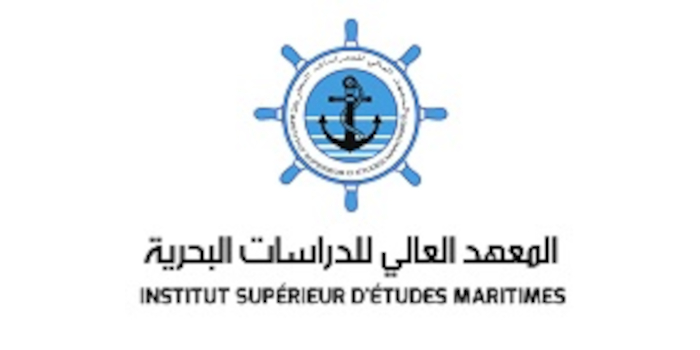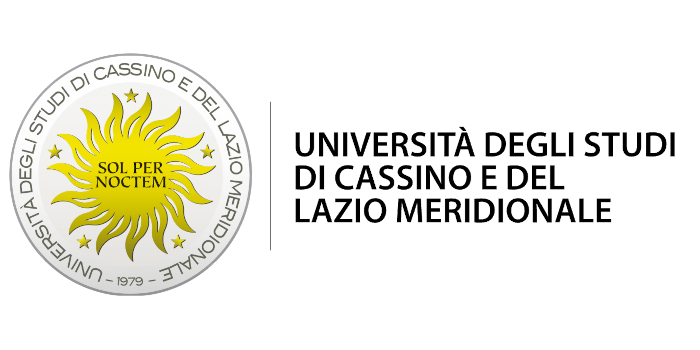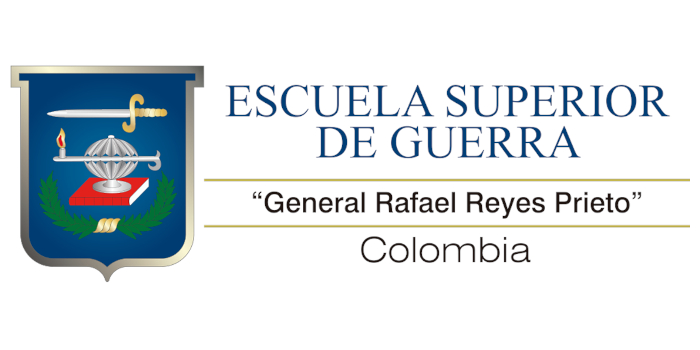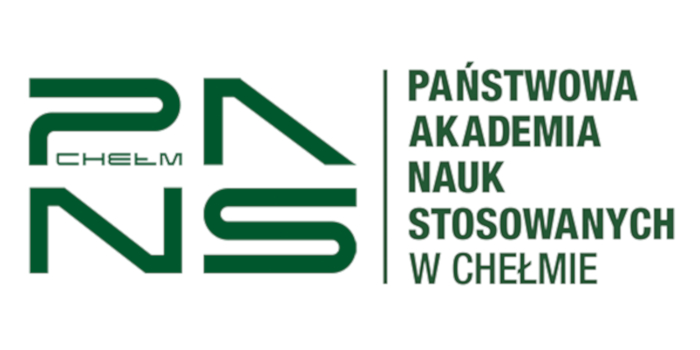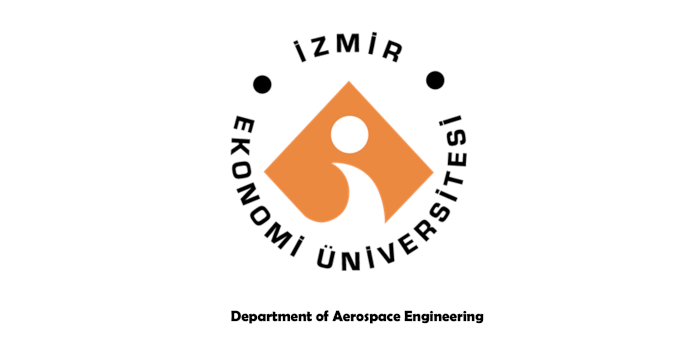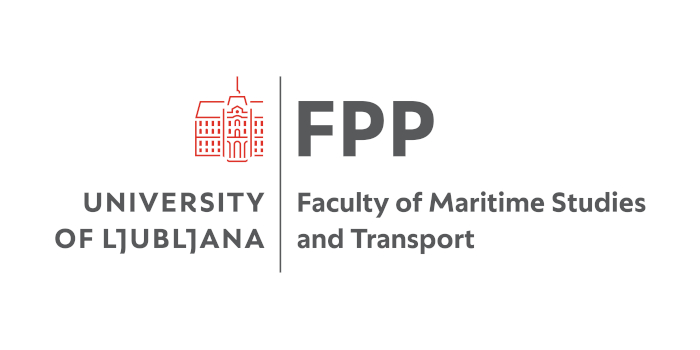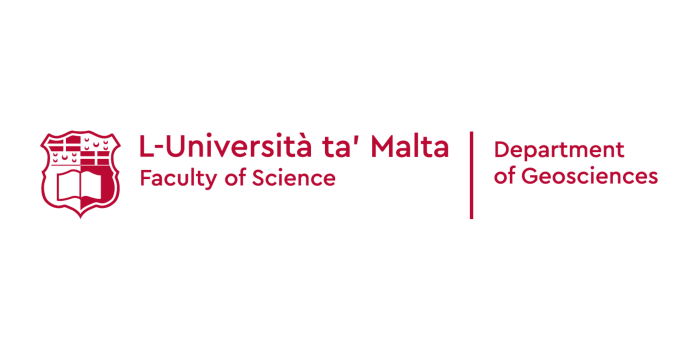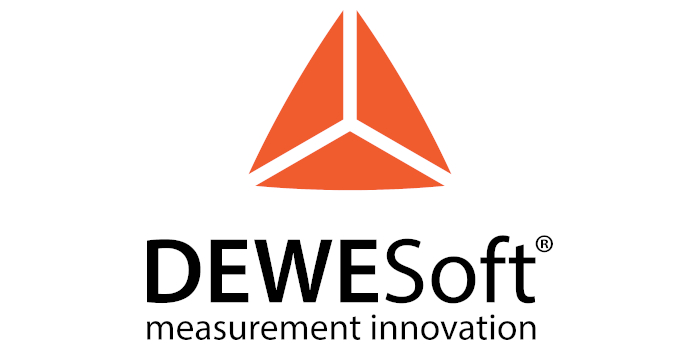SPECIAL SESSION #13
ISaCAGE - FLARE: Integration and coexistence of sensing and communication systems that share the same spatial and spectrum resources
ORGANIZED BY
Augusto Aubry
University of Naples "Federico II", Italy
Emanuele Grossi
University of Cassino and Southern Lazio, Italy
Massimo Rosamilia
University of Naples "Federico II", Italy
ABSTRACT
ISaCAGE - FLARE special session will address the problem of the integration and coexistence of sensing and communication systems that share the same spatial and spectrum resources. In this framework, a number of possible architectures can be proposed, ranging from the mere coexistence of nearly independent systems, to fully integrated systems, wherein coexistence is purely functional and energy efficiency as well as limited resources are a major constraint. In the latter paradigm, sensing and communication systems are totally integrated and a careful usage of the environmental physical resources will be fostered by means of tools from statistical signal processing, machine learning, optimization theory, and array signal processing.
ABOUT THE ORGANIZERS
Augusto Aubry, (Senior Member, IEEE) received the Dr. Eng. degree in telecommunication engineering (with honors) and the Ph.D. degree in electronic and telecommunication engineering both from the University of Naples Federico II, Naples, Italy, in 2007 and 2011, respectively. From February to April 2012, he was a Visiting Researcher with the Hong Kong Baptist University, Hong Kong. He is currently an Associate Professor with the University of Naples Federico II. His research interests include statistical signal processing and optimization theory, with emphasis on MIMO communications and radar signal processing. He is also the co-recipient of the 2013 Best Paper Award (entitled to B. Carlton) of the IEEE Transactions on Aerospace and Electronic Systems with the contribution “Knowledge-Aided (Potentially Cognitive) Transmit Signal and Receive Filter Design in Signal-Dependent Clutter”. Dr. Aubry was the Recipient of the 2022 IEEE Fred Nathanson Memorial Award as the young (less than 40 years of age) AESS Radar Engineer 2022, with the following citation “For outstanding contributions to the application of modern optimization theory to radar waveform design and adaptive signal processing”.
Emanuele Grossi, (Senior Member, IEEE) is an Associate Professor with the Department of Electrical and Information Engineering (DIEI) at the University of Cassino and Southern Lazio, Italy. He received the Dr. Eng. degree in Telecommunication Engineering in 2002 and the Ph.D. degree in Electrical Engineering in 2006, both from the University of Cassino and Southern Lazio. In 2005 he was visiting Scholar with the Department of Electrical & Computer Engineering of the University of British Columbia, Canada, and in 2009 he had a visiting appointment in the Digital Technology Center, University of Minnesota, MN. He serves as Associate Editor for the IEEE Transactions on Signal Processing and for EURASIP Signal Processing, Elsevier. His research interests are in detection and estimation, with emphasis on communications and radar signal processing.
Massimo Rosamilia, (Member, IEEE) received the B.S. (with honors) and M.S. degrees in computer engineering from the University of Salerno, Fisciano, Italy, in 2017 and 2019, respectively, and the Ph.D. degree (cum Laude) in information technologies and electrical engineering from the University of Naples Federico II, Naples, Italy, in 2023. From September to November 2021, he was a Visiting Ph.D student with the Cranfield University, Shrivenham, U.K. From September to December 2022, he was a Visiting Ph.D student with the University of Luxembourg, Luxembourg, and from June to August 2024 he was a Visiting Researcher with the University of Birmingham, U.K.. He is currently an Assistant Professor with the University of Naples Federico II. His research interests include statistical signal processing, cognitive systems, waveform design, and optimization theory, with applications to radar problems. He ranked second in the Student Contest of the 1st International Virtual School on Radar Signal Processing, in 2020. In 2023, he coauthored the paper winning the SET Panel Best Paper Award (Young Scientist) at the NATO SET-319 Specialists' Meeting on ``New Mathematical Frontiers for Multi-Dimensional Radar Systems.'' He is also the recipient of the 2023 GTTI PhD award for PhD Theses in the field of Communication Technologies

